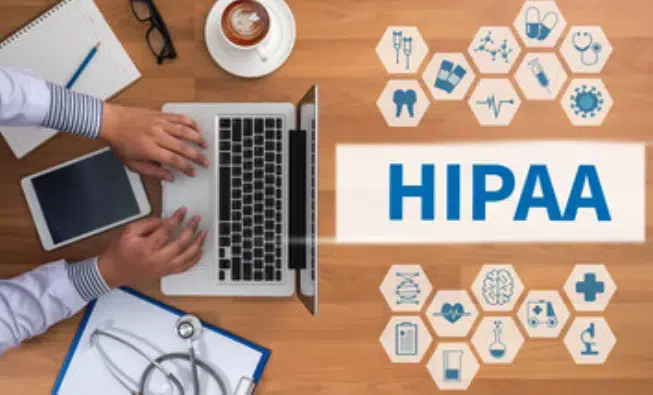
Protecting patient privacy is an essential part of healthcare. HIPAA (Health Insurance Portability and Accountability Act) sets the standard for patient data privacy and security. However, despite the best intentions, HIPAA violations happen every day. In this article, we will discuss how HIPAA violations occur, common mistakes that lead to violations, and tips to stay HIPAA compliant.
Oops! Did You Just Break HIPAA?
HIPAA violations often occur accidentally. For example, a nurse may accidentally disclose a patient’s medical information to someone who is not authorized to receive it. Or, a healthcare provider may leave a patient’s chart open on their desk, making it accessible to unauthorized individuals. Even a lost or stolen laptop or mobile device containing patient information can cause a HIPAA violation. These types of incidents can happen to anyone, but it’s crucial to take swift action to minimize the damage.
Common Mistakes: HIPAA Violations
Sometimes, HIPAA violations occur due to common mistakes. For instance, healthcare providers may discuss a patient’s medical information in a public place, not realizing who may be listening. Alternatively, a healthcare provider may forget their login credentials and ask a colleague for their username and password. Healthcare providers may also fail to obtain proper consent before sharing patient information with a third party. These mistakes can lead to HIPAA violations and should be avoided.
HIPAA Violations: It Can Happen to Anyone
HIPAA violations can happen to anyone, from healthcare providers to receptionists, to janitorial staff. Even those who work in ancillary departments, such as billing or coding, can accidentally expose patient data. HIPAA violations can result in hefty fines, lawsuits, and a damaged reputation. Therefore, it’s critical to prioritize HIPAA compliance and train all employees on best practices to mitigate risks.
Stay HIPAA Compliant: Tips and Tricks
To stay HIPAA compliant, healthcare providers and staff can take several steps. These include encrypting patient data, implementing access controls, and training all employees on HIPAA regulations. Employees should be educated on how to handle patient data safely, including secure file sharing and disposal of confidential information. Regular training and audits can help minimize the risk of HIPAA violations.
HIPAA violations can have severe consequences, but they are preventable. By understanding how HIPAA violations occur and implementing best practices, healthcare providers and staff can keep patient data secure and avoid costly mistakes. Remember, protecting patient privacy is a critical part of providing high-quality healthcare.
So what can the responsible healthcare provider do to ensure HIPAA compliance and stay out of trouble?
As an IT solutions provider to a number of healthcare entities, ranging from private practices to larger HMO style organizations, we at LevelUp MSP are highly experienced assisting in HIPAA compliance related matters. Our approach is based on working with Compliancy Group and coaching our clients through the intricacies of compliance based upon these steps:
- User training and education on phishing and good computer hygiene.
- Management and encryption of all devices that touch PHI.
- Proper process of onboarding and offboarding employees.
- Regular changing of user passwords.
- Security audits on a scheduled basis.
- Security and vulnerability patching.
- Onsite and offsite backup testing and verification.
- Partnership with Compliancy Group to ensure your HIPAA compliancy.
To summarize: HIPAA is the law and large fines really do happen. You need to protect your patients and protect your practice because the consequences of negligence can be devastating.
Fortunately, LevelUp MSP is there to help, and you can rest assured that through our guidance and services you’ll meet the most stringent demands of the HIPAA code. If you’re a healthcare practitioner please give us a call ASAP and we can start helping you with this essential compliance. Not only will you be operating within the law, but you’ll gain priceless peace of mind from knowing that you’ll be, and will remain, in compliance.

